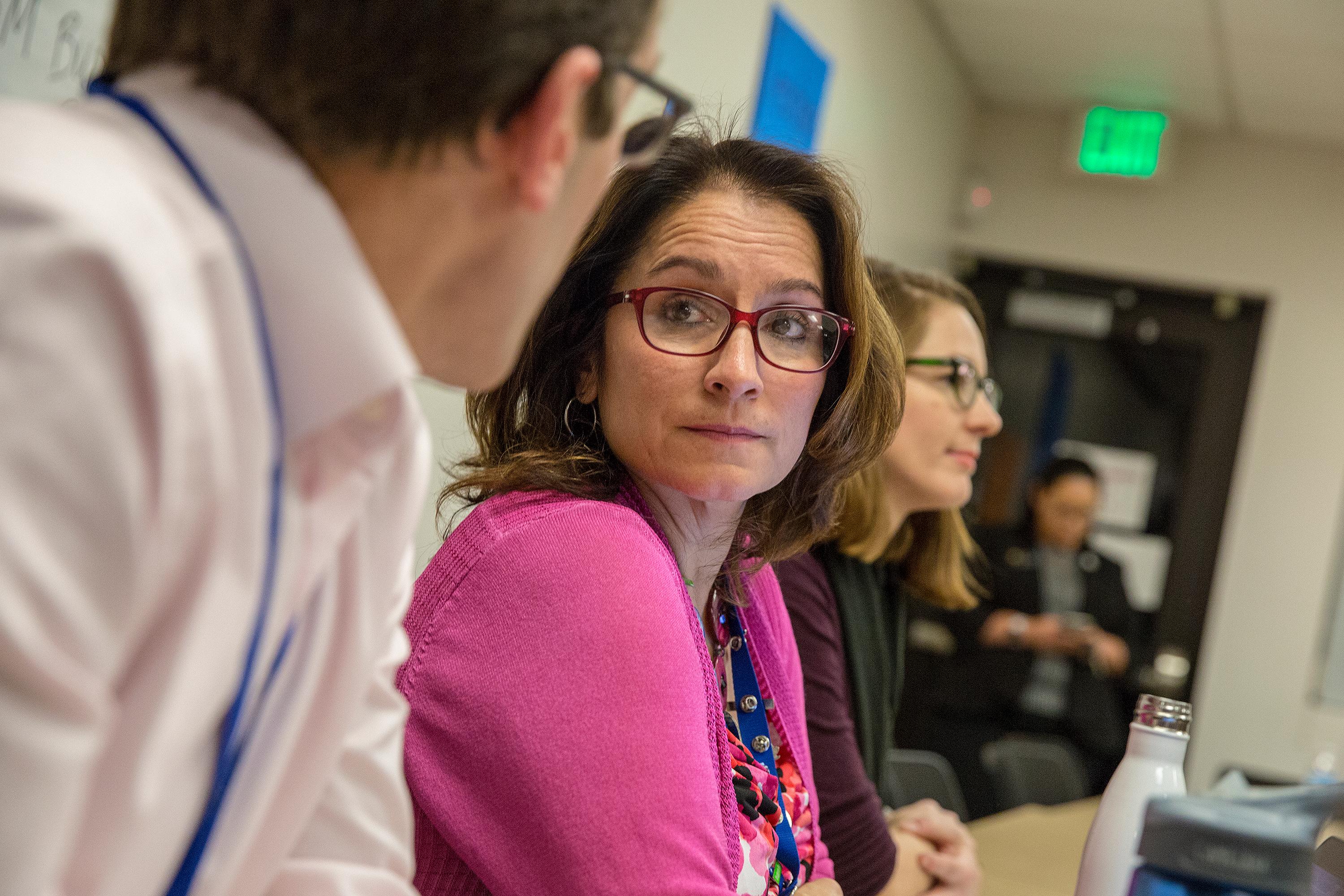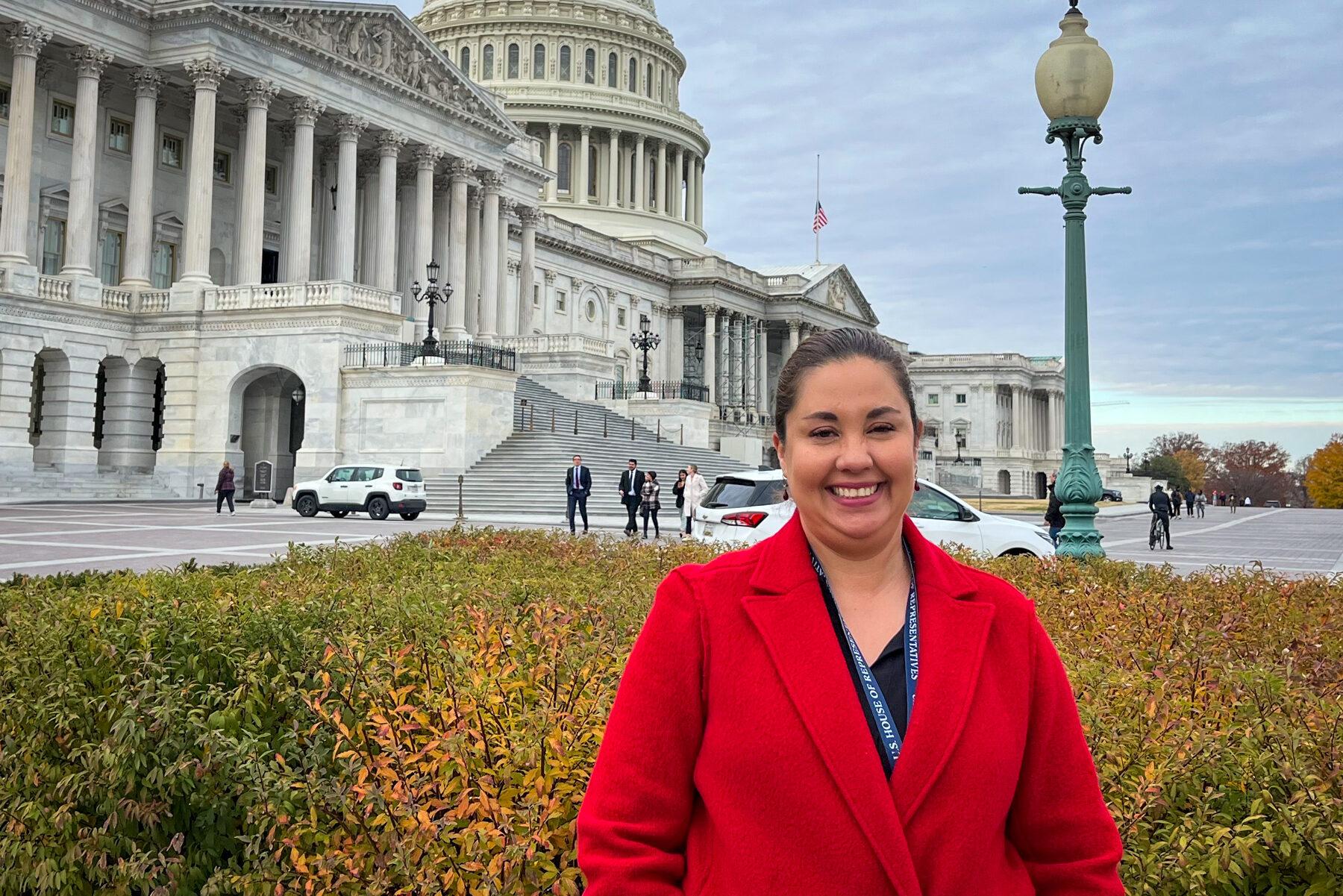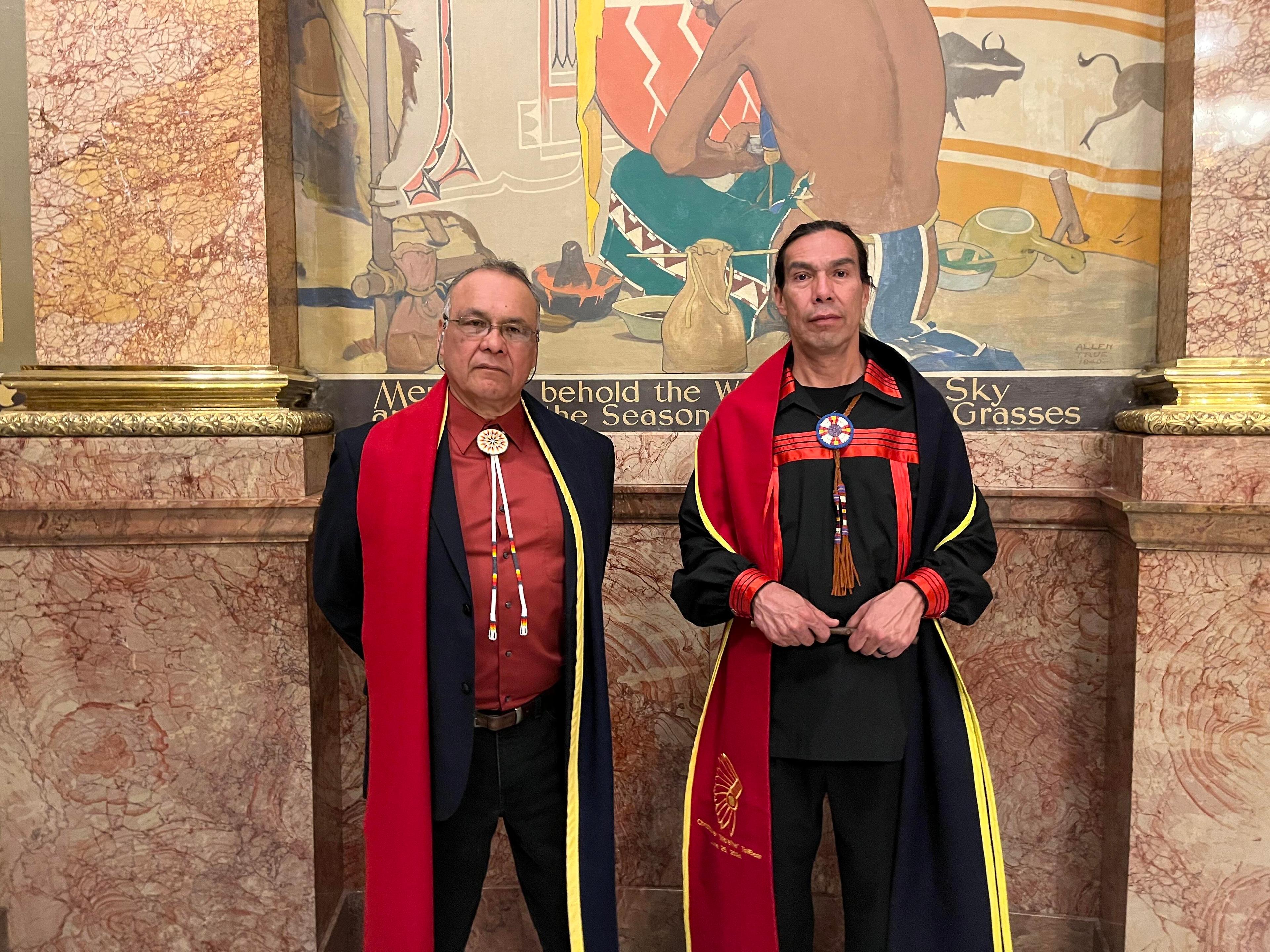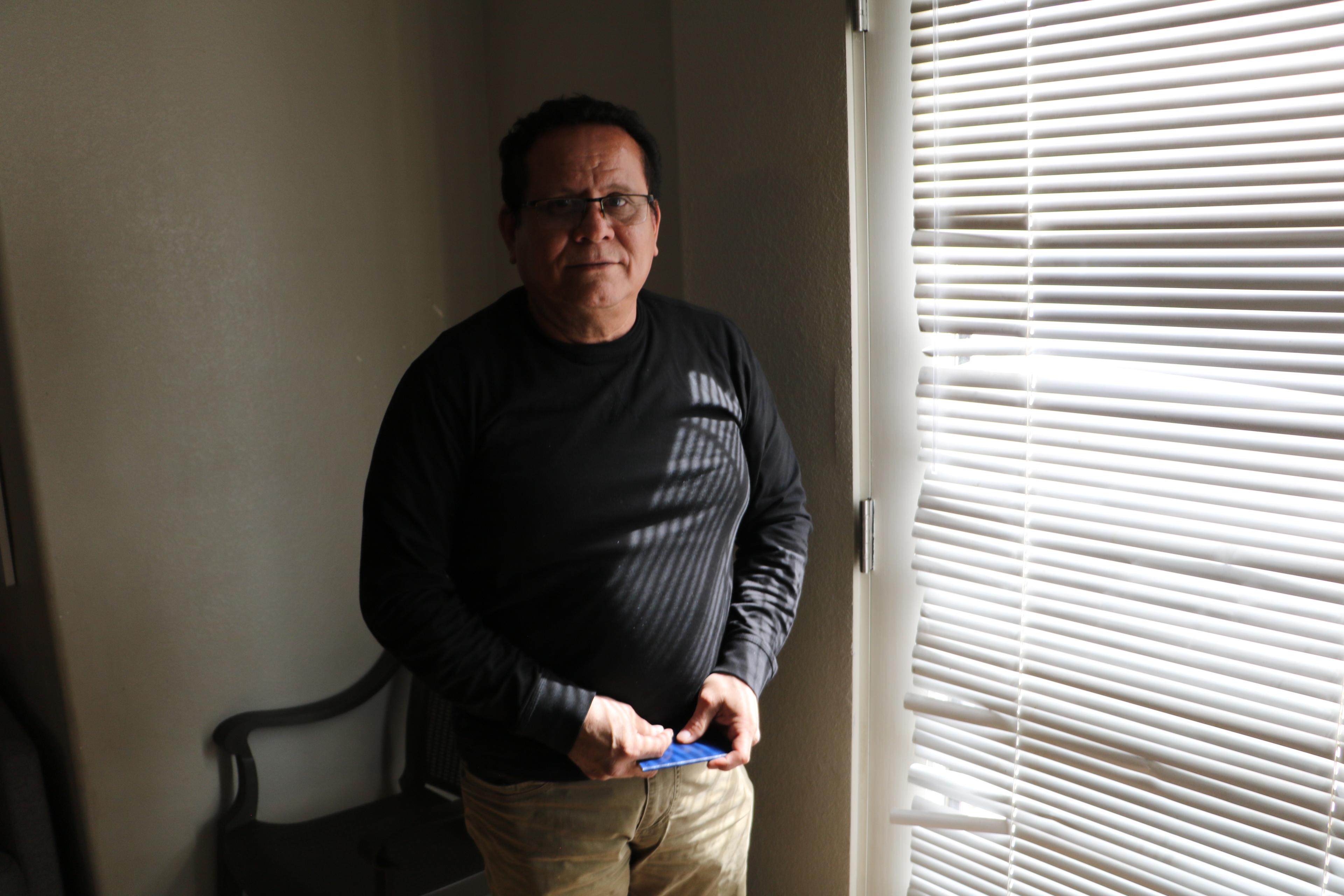
By Erica Meltzer, Chalkbeat Colorado
Susana Córdova has been named Colorado’s next education commissioner.
A Denver native who attended Denver schools and then rose to be superintendent of the state’s largest school district, Córdova will hold Colorado’s top education job after stints with the Dallas Independent School District and an education nonprofit.
In an interview, Córdova said she’s excited to come home. She described the commissioner job as a powerful way “to make an impact on education in the state that made me who I am.”
The State Board of Education voted unanimously to approve Córdova’s appointment Wednesday. After the vote, board members stood and applauded Córdova. She’ll take her oath of office June 26 and earn an annual salary of $300,000.
Board Chair Rebecca McClellan said Córdova was “uniquely positioned” to understand the challenges facing Colorado schools and the lived experiences of students, teachers, and district leaders.
Outgoing Commissioner Katy Anthes will stay until July 10, with the title of special assistant to the commissioner.
“It’s hard to step away from something you’ve put your heart and soul into, but it makes it so much easier to know I’m turning this over to a seasoned, professional, kind, knowledgeable leader,” Anthes said. “I am so confident that Susana is going to do wonderful things.”
Anthes announced in December that she would be stepping down in July. The board received 23 applications. It interviewed six candidates — four women and two men — and voted unanimously in May to name Córdova the sole finalist for the job.
Córdova was a career Denver educator, working as a bilingual teacher and principal before joining the administration and eventually becoming superintendent. She announced in November 2020 that she was leaving Denver to take a job as deputy superintendent of leading and learning in the Dallas Independent School District. Córdova left the Dallas district in August after another candidate, Stephanie Elizalde, was chosen to replace retiring Superintendent Michael Hinojosa.
Since leaving the Dallas district, Córdova has been the superintendent in residence for the education nonprofit Transcend. There, Córdova said she’s learned more about the challenges and strengths of small, rural districts as well as those of urban and suburban districts as she leads a network of superintendents.
Córdova said in her first 100 days, she’ll focus on getting to know the education department staff and making herself available to superintendents, the governor, and other leaders.
Córdova said the role of commissioner is very different from that of a superintendent. Local control is a deeply held value in Colorado. The commissioner can shine a light on positive examples, provide avenues for districts to learn from one another, and make sure research on how kids learn shows up in the classroom, she said.
Córdova said that in many ways her agenda is already set. She wants to continue Colorado’s efforts to improve reading instruction, support a new initiative to improve outcomes in math, bolster efforts to prepare students for life after high school, and help districts navigate the expiration of pandemic relief dollars and the challenges of declining enrollment.
Making sure dollars are spent well to support student mental health and academic tutoring will be critical, she said. Districts that have hired lots of new staff to support students will face tough decisions.
In Córdova’s first year on the job, a task force will consider changes to the school accountability system, a process that will expose fault lines among the education community.
“We’re at a really ideal point in time to look at our accountability system,” Córdova said. “It’s important to get a read on where kids are academically, and I hope that would continue. Colorado is a leader with its focus on growth [over proficiency]. But it also might be an opportunity to look at other things that make a quality school.”
Córdova spent many years overseeing Denver’s efforts to improve education for English learners. She learned Spanish as an adult after growing up in an era when its use was heavily stigmatized.
Córdova said she’s proud of the work Colorado has done to develop a seal of biliteracy. The seal allows high school graduates to receive recognition on their diploma for reading and writing fluently in a language other than English. She hopes to help smaller districts with fewer resources better support students in learning English and valuing their home languages.
“I always start with thinking about how we approach working with students from an asset-based way,” she said. “The most important thing we can do for our multilingual learners is valuing their home language. That can be instruction in their home language or other ways to recognize it as an asset.”
Bureau Chief Erica Meltzer covers education policy and politics and oversees Chalkbeat Colorado’s education coverage. Contact Erica at [email protected].









